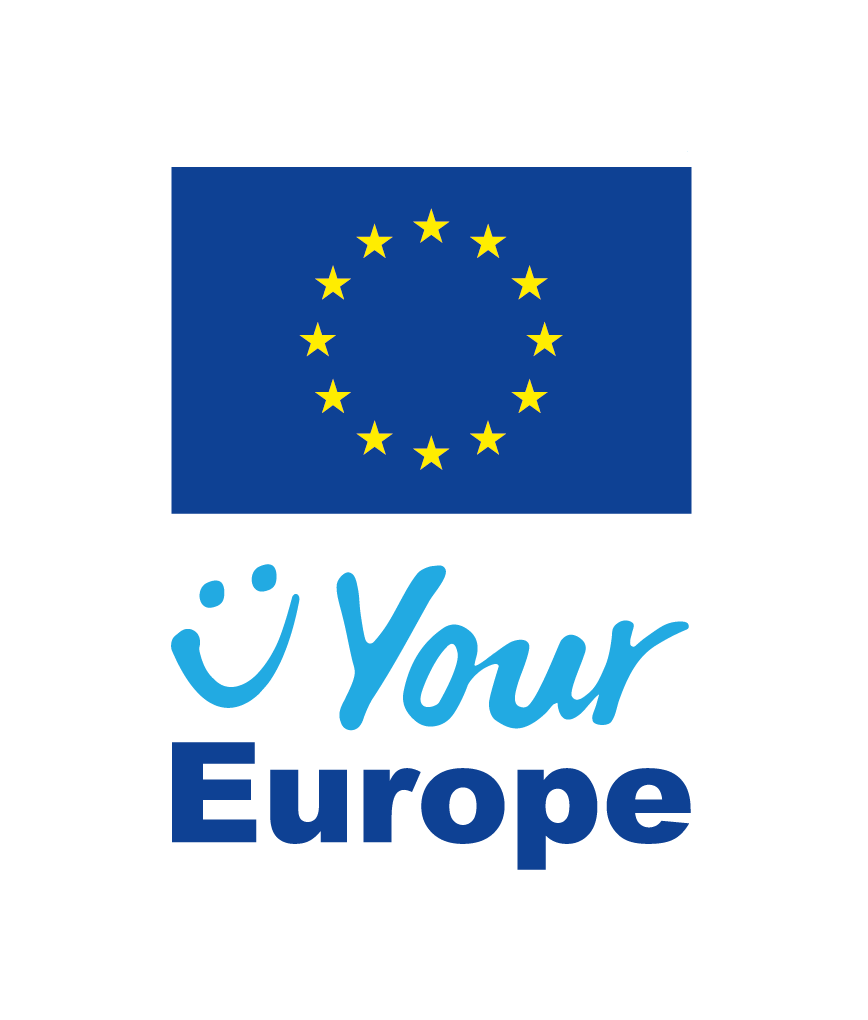The purpose of the primary school is – in cooperation with the parents – to give the pupils skills that:
- prepare them for further education and make them enthusiastic to learn more
- familiarise them with Danish culture and history
- give them an understanding of other countries and cultures
- contribute to their understanding of human interaction with nature and promote the overall development of the individual pupils.
The primary school is to develop working methods and create frameworks for experience, exploration and enterprise, so the pupils develop recognition and imagination and gain confidence in their possibilities and the basis to judge and to act.
The primary school is to prepare the pupils for participation, shared responsibility, rights and duties in a society with freedom and democratic government. The work of the school must therefore be characterised by freedom of thought, equal worth and democracy.

